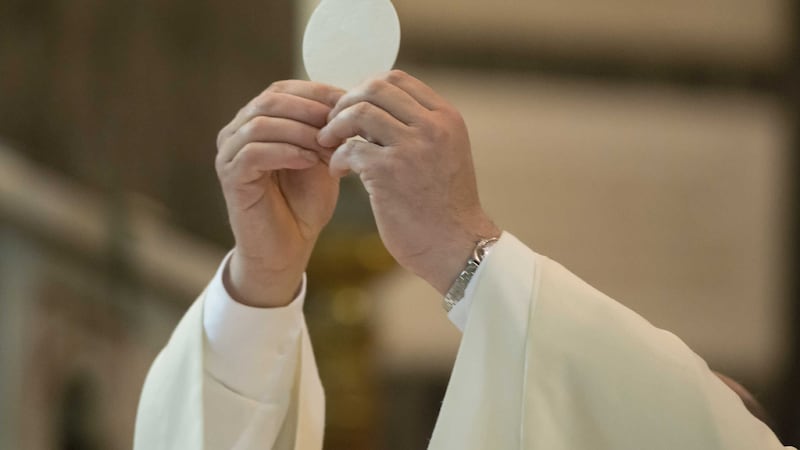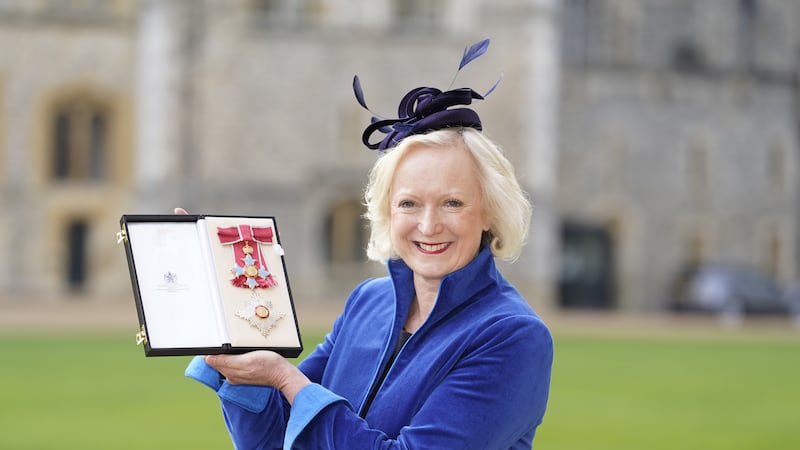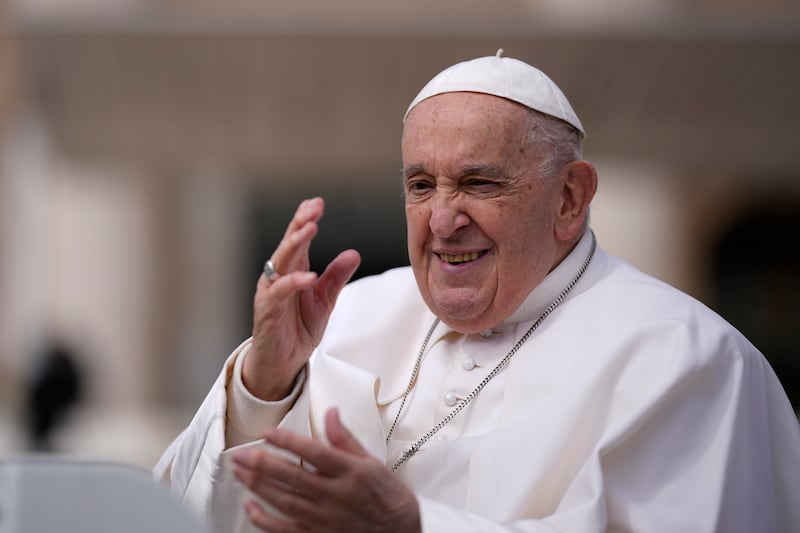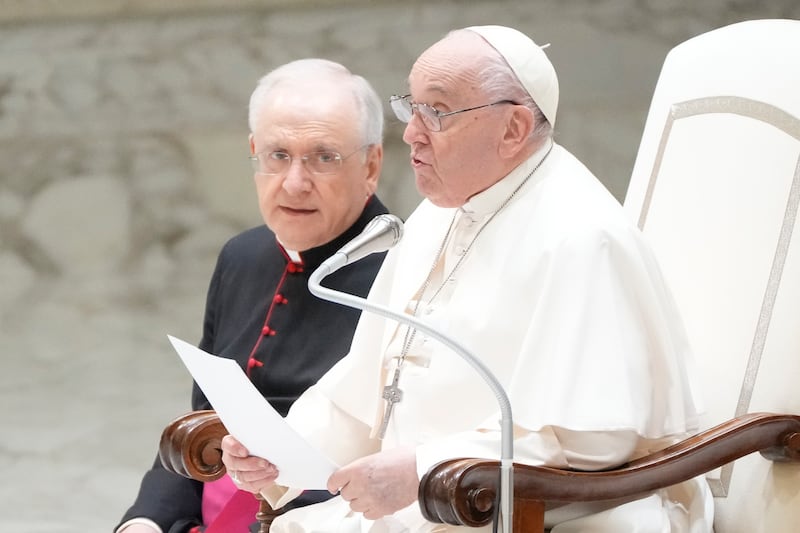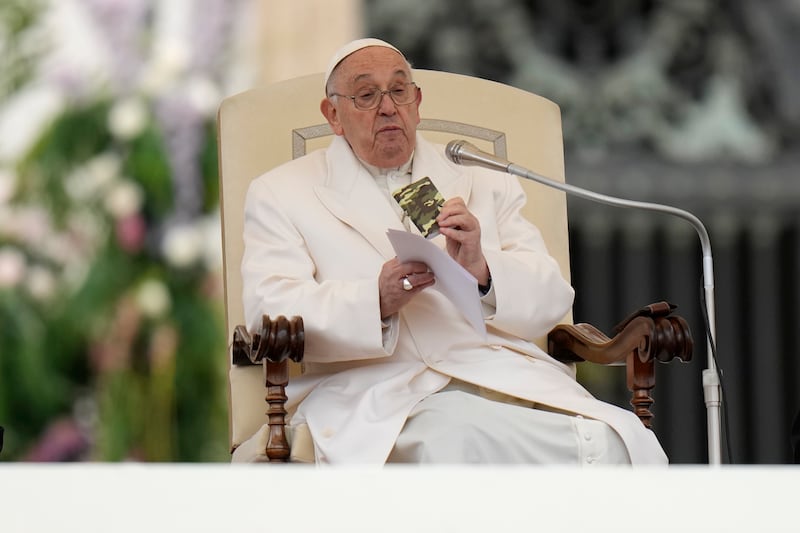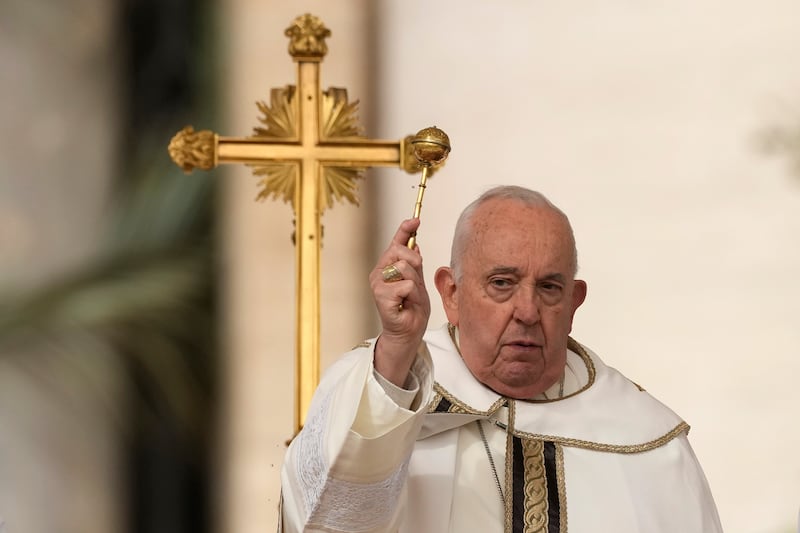CATHOLICS who are divorced or have remarried may be a step closer to being granted permission to receive Communion, following the conclusion of the Vatican's synod on the family.
The three-week long synod, which ended with a final Mass in Rome yesterday, approved a 94-paragraph document on family issues which place emphasis on a more merciful and less judgmental Church - although there was no shift in official doctrine.
In his homily in St Peter's Basilica, Pope Francis declared: "Today is a time of mercy."
The key paragraph of note in the report - which says a case-by-case approach is necessary when dealing with remarriage since not everyone bears the same responsibility for the preceding divorce - passed with just one vote more than the two-thirds majority necessary.
It did not outline a specific timeline or path for bringing divorced or remarried Catholics back into full participation of the Eucharist.
However, its passage will give Pope Francis the room to manoeuvre that he needs if he wants to push the topic further in a future document of his own.
Michael Kelly, editor of the Irish Catholic newspaper, who was in Rome for the synod, said three paragraphs of the document were devoted to the subject.
"I suppose whether it was the main issue depends who you were speaking to - for the bishops it was only part of it, for the journalists it was all of the story," he said.
"Interestingly, on the issue of co-habitation, for example, it mentions that this is a widespread reality and that priests should meet people halfway. He is really laying down the gauntlet to priests."
While the document approves a greater effort in reaching out in pastoral terms to gay people, it rejects any notion of same-sex marriage, while traditional church teaching on contraception is also re-affirmed.
Mr Kelly said: "Contraception was discussed and there was a strong call for people to rediscover Humane Vitae (Pope Paul VI's 1968 document upholding Church objections to contraception). It was a real re-endorsement of that document."
However, this year's synod had a more "open" feel than under previous Popes.
"I have attended every synod in Rome for the last 15 years. Up until Pope Francis it was effectively a rubber-stamping exercise, whereas with Francis he was seeing it as an opportunity to hear from bishops about their experiences," Mr Kelly said.
"The atmosphere was tense at times, partly because people were sometimes expressing views that the person next to them disagreed with. However it was less tense by the end of the synod."
He added: "Pope Francis certainly won't disagree with anything in the document. If anything he might actually go further. I think he wants to move away from a faith previously which hammered people and one which caused people to walk away."
Meanwhile, referring to speculation that the Pope will accept an invitation to visit Ireland, Mr Kelly said that there is a feeling in the Vatican that "there is unfinished business from 1979" when Pope John Paul II did not come north during his trip.
The Co Tyrone man said: "I think the Pope will come in 2018. You would probably see him go to Dublin, Knock and either Armagh or Derry.
"Belfast remains sensitive but if the mood music was right he would probably be invited to speak at Stormont and it would be considered bad form if he didn't accept that invitation."
